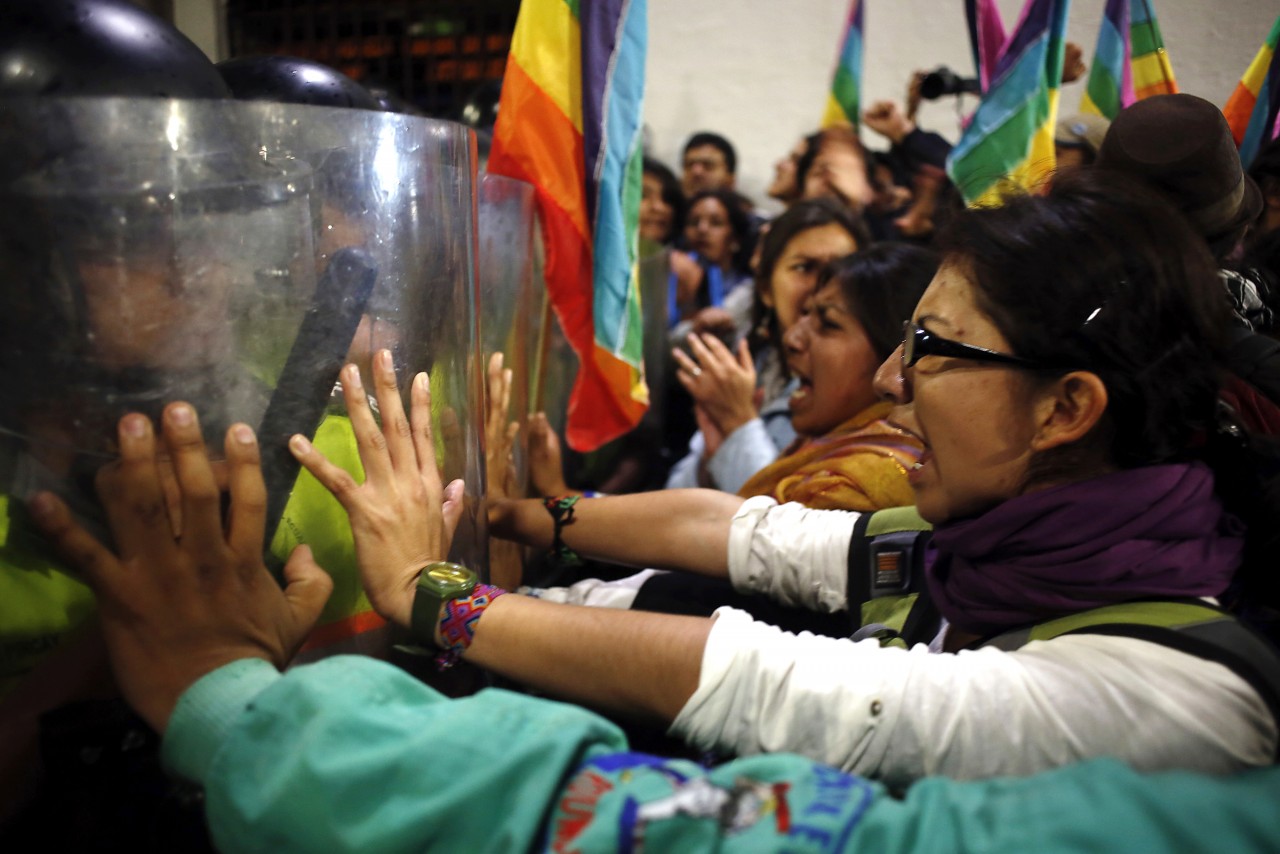Women have organized and battled for centuries to win basic rights, to be treated with respect and equality. Meanwhile, patriarchal institutions driven by the thirst for power, accumulation, and economic growth have fought hard to maintain their seat at the top of the social and political hierarchy. Indeed, our current political and economic institutions are overwhelmingly led by men. Women are also uniquely capable of shifting the way the world operates in fundamental ways. Indeed, women activists and leaders have been at the core of the environmental movement since it's inception. From Rachel Carson to Vandana Shiva, from suffrage to climate talks, women have pushed the boundaries of what is possible, and what is just, in our society. Cindy Rosenthal, in her book When Women Lead, suggests that women use strategies that have an "integrative style: sharing power and empowering others, being noncompetitive and inclusive, seeking consensus and mutuality in relationships, and inviting participation rather than imposing dominance." Women in positions of leadership have also been shown to be more concerned with environmental risk, and less willing to impose those risks on others.





